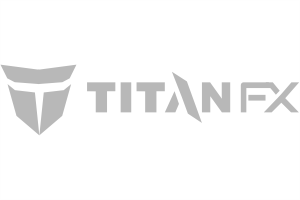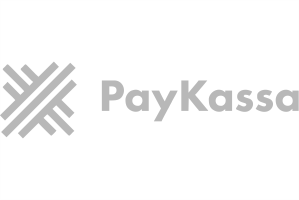| Name of service | Bronze | Silver | Gold | Platinum |
|---|---|---|---|---|
 Company name verification and reservation Verifying the availability and reserving of your preferred company name in the registry
Company name verification and reservation Verifying the availability and reserving of your preferred company name in the registry
|

|

|

|

|
 Company registration (GMBH) including government fees Preparation and submission of all required documents and fees to the relevant government authorities for company registration, ensuring a streamlined process for our clients
Company registration (GMBH) including government fees Preparation and submission of all required documents and fees to the relevant government authorities for company registration, ensuring a streamlined process for our clients
|

|

|

|

|
 Payment of state fees at the Industrie und Handelskammer Payment of all mandatory fees for successful company registration
Payment of state fees at the Industrie und Handelskammer Payment of all mandatory fees for successful company registration
|

|

|

|

|
 Handelsregister registration Assistance in registering a company with the local tax service Finanzamt
Handelsregister registration Assistance in registering a company with the local tax service Finanzamt
|

|

|

|

|
 Obtaining a tax number Steuernummer Full support in filing documents for obtaining a company tax number
Obtaining a tax number Steuernummer Full support in filing documents for obtaining a company tax number
|

|

|

|

|
 A set of statutory documents of the company in electronic form Preparation of a comprehensive package of incorporation documents for any form of company ownership in electronic form
A set of statutory documents of the company in electronic form Preparation of a comprehensive package of incorporation documents for any form of company ownership in electronic form
|

|

|

|

|
 Company seal Providing the official seal of the company
Company seal Providing the official seal of the company
|

|

|

|

|
 Assistance in opening a corporate bank account in the payment system Collection, processing and filing of the documents required for opening a corporate account with a payment system, including consultation of appropriate jurisdiction
Assistance in opening a corporate bank account in the payment system Collection, processing and filing of the documents required for opening a corporate account with a payment system, including consultation of appropriate jurisdiction
|

|

|

|

|
 Assistance in opening an account in: Deutsche Bank, Commerzbank Collecting, processing and filing the necessary documents for opening a corporate account with a local bank
Assistance in opening an account in: Deutsche Bank, Commerzbank Collecting, processing and filing the necessary documents for opening a corporate account with a local bank
|

|

|

|

|
 Assistance with a VAT number obtainment Assistance in obtaining a VAT number for your company
Assistance with a VAT number obtainment Assistance in obtaining a VAT number for your company
|

|

|

|

|
 Correspondent postal address for 1 year Forwarding government and commercial correspondence address
Correspondent postal address for 1 year Forwarding government and commercial correspondence address
|

|

|

|

|
 Local director for one (1) year Provision of a local German resident director for signing company contracts and maintaining the confidentiality of the founder's data or opening an account with a local bank
Local director for one (1) year Provision of a local German resident director for signing company contracts and maintaining the confidentiality of the founder's data or opening an account with a local bank
|

|

|

|

|
 Free consultation We offer a free consultation where you can discuss your needs and questions regarding company registration and management. Our experts will be happy to help you understand the process and provide guidance based on your situation. We are happy to answer your questions and help you make an informed decision about the services you need
Free consultation We offer a free consultation where you can discuss your needs and questions regarding company registration and management. Our experts will be happy to help you understand the process and provide guidance based on your situation. We are happy to answer your questions and help you make an informed decision about the services you need
|

|

|

|

|
|
Total cost
|
3900 EUR | 5400 EUR | 6400 EUR | 15900 EUR |
|
Provision of a legal address for 1 (one) year
|
250 EUR | 250 EUR | 250 EUR | 250 EUR |
|
Remote company registration with transfer of authority
|
900 EUR | 900 EUR | 900 EUR | 900 EUR |
|
Accounting services
|
250 EUR | 250 EUR | 250 EUR | 250 EUR |






























